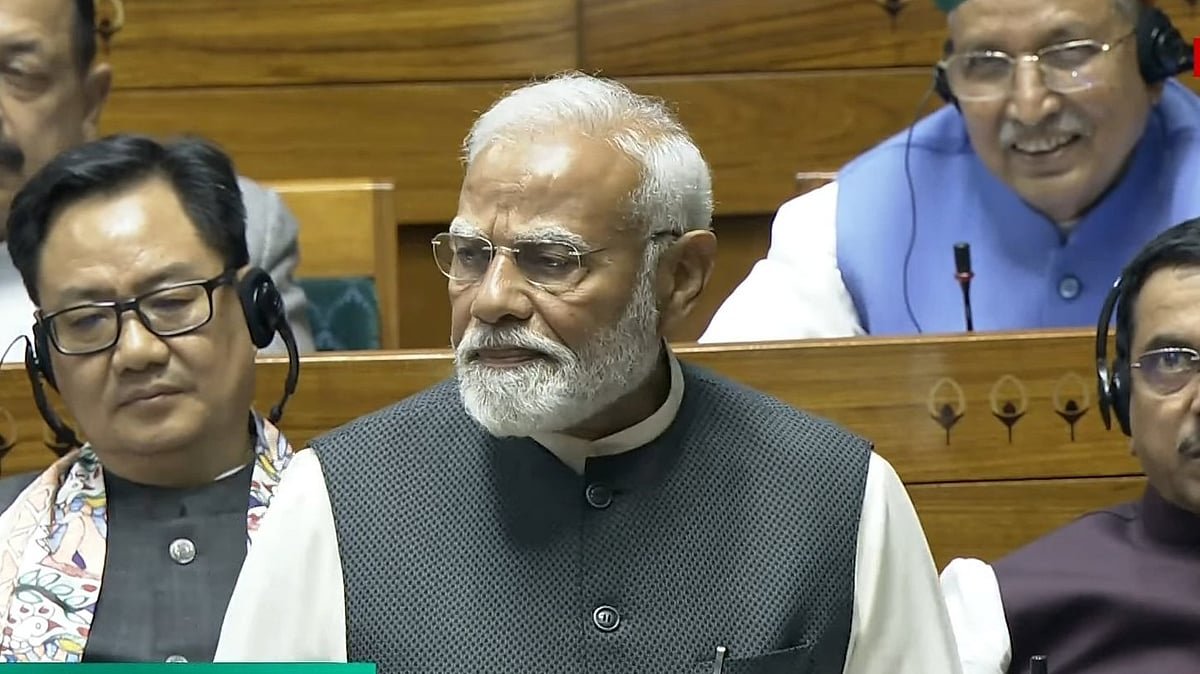In a few days’ time, we will be celebrating the New Year.
What does it really mean? Well, our Earth has completed one revolution around the Sun, which takes approximately 365 days.
So, what is the big deal about that? This has been happening for billions of years. Similarly, there are other calendars in India — the Vikram Samvat and various South Indian calendars — all measuring essentially the same thing.
What makes the New Year special? It’s just an imaginary point in the flow of time.
That is exactly what human beings need. As time extends endlessly before and after you, you need measurements and specific points to make sense of it all. The New Year, whether it’s the Gregorian calendar (currently the most popular worldwide) or any other calendar, always brings celebrations with it.
It is a meaningful point in time to:
* Look back at the year gone by
* Learn and understand from our experiences
* Celebrate our successes
* Mourn our losses
* Look forward to the new year with hope
* Reconnect with what is truly important to us
* What we hope to achieve in the year to come
This process of looking back to learn and looking forward with hope serves as a way of rebooting our lives. It helps us gain perspective on past events and potential future developments.
While it’s true that this is an imaginary point, and the measurement of time itself is highly subjective, we all live and make sense of our lives in terms of time and space. Therefore, we need such events — these so-called imaginary points — to make sense of our lives. Although they may be arbitrary, they are highly functional. They provide us with moorings in the finite time-space that we live in.
The writer is the founder of Aarsha Vidya Foundation. You can write to him at aarshavidyaf@gmail.com




